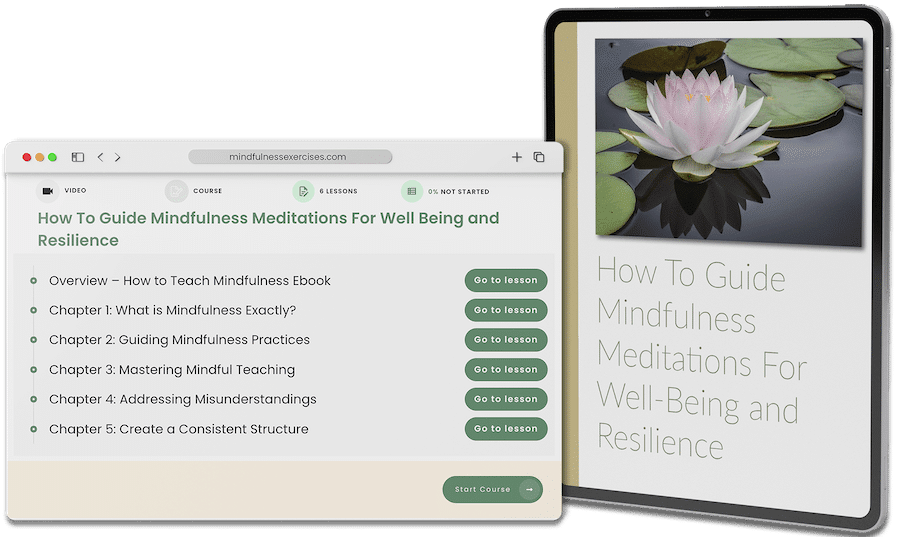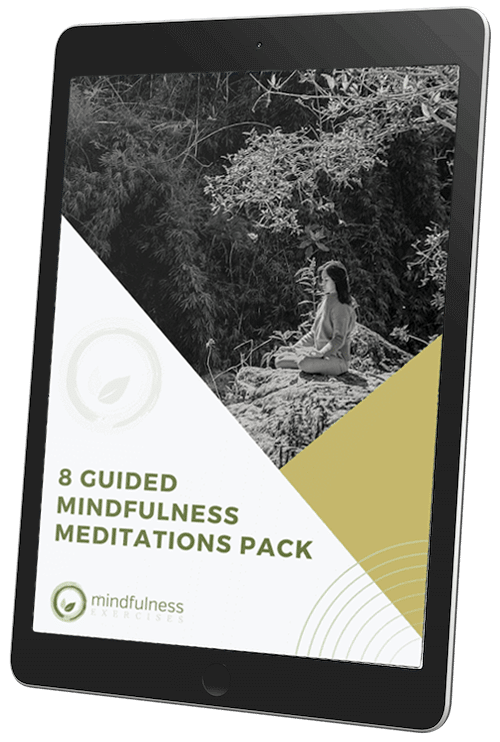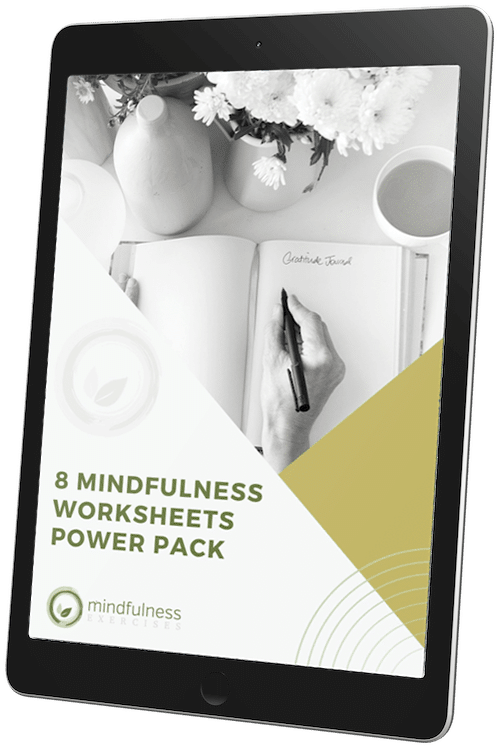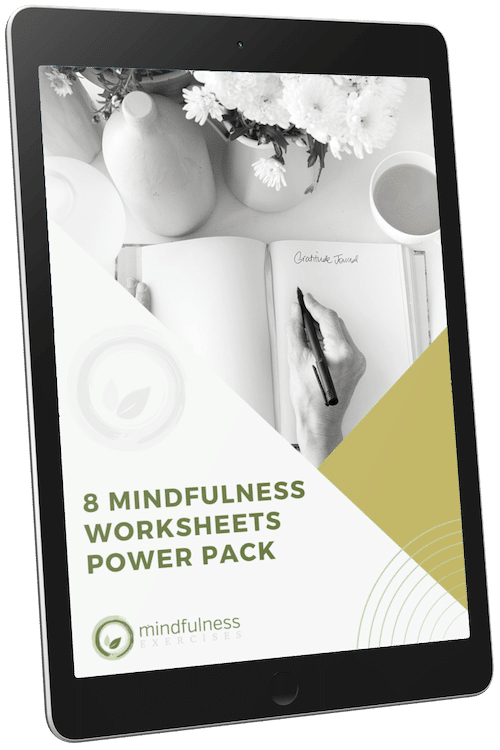
"We’re a nation of exhausted and over-stressed adults raising over-scheduled children."
- Brene Brown -
Making Peace with the “Busyness” of Parenting
Mothers tell me their number one challenge is being overwhelmed by too much to do, never feeling like they finish what needs to be done and feeling exhausted from trying. As a mother, psychologist and mindfulness teacher, I know that feeling intimately. Our culture values achievement and “doing” so highly that this feeds our compulsion to be busy: our addiction to cataloguing what needs to be “done” and steadily and relentlessly working our way through it.
When, at the end of a day, we don’t meet our unrealistic expectations – if we don’t deliver on our over commitment in each day, then we are left feeling that we are somehow deficient. When I interviewed Tara Brach, she described it as being at war with ourselves. A trance of unworthiness. She calls it a trance because we don’t recognize how many moments in our day when there is an undercurrent of “I’m not enough, I’m falling short, I’m doing it wrong” that impacts everything.
We try to regain control and so we push ourselves harder to do more – just to feel that we are okay. And so the cycle continues.
It is a pervasive suffering, the way we judge our day and ourselves by the number of things we cross off the list. This is in opposite with, for example, having an orientation of being mindful of “the presence or absence of goodwill in our heart” as we interact with ourselves and those around us (as Sylvia Boorstein describes in our interview).
But there is another way: we can show kindness towards this very human and understandable predisposition toward busyness and work with it skillfully, gently and patiently.
Here’s a ‘letting go’ practice for today:
Take a moment to sit quietly with your eyes closed.
- 1Recognize the “busyness” that is causing dissatisfaction, stress and struggle in your body and mind. Name it to tame it.
- 2Scan your body, softening any obvious signs of tension. Invite it to be released.
- 3Send kindness towards what is here. This is hard. This busyness, this dissatisfaction, this feeling like there is always more to do. It feels vulnerable.
- 4Soften into this kindness. Stay with it for a while. Don’t try to change anything or make anything go away. Just surround those feelings with kindness and understanding. Let it be what it is. Don’t run away with it or push it away. Just be gently curious and kind.
- 5Now reconnect with your intention today as a parent. It might be to live with an open, loving heart. It might be to connect with your children and be present with them from that love. It might be to accept yourself more lovingly as a parent who is doing the best they can and needs time to pause and renew in this busy role. Again, we are not replacing anything with this intention or pushing anything away. Use your own words and spend some time sitting with that. In kindness and gentle curiosity.
- 6Now take a few slow deep breaths as you get ready to go on with your day and see if you can hold that gentle loving clarity and space with you as you make choices about what to do, how to do it, and what not to do.


















